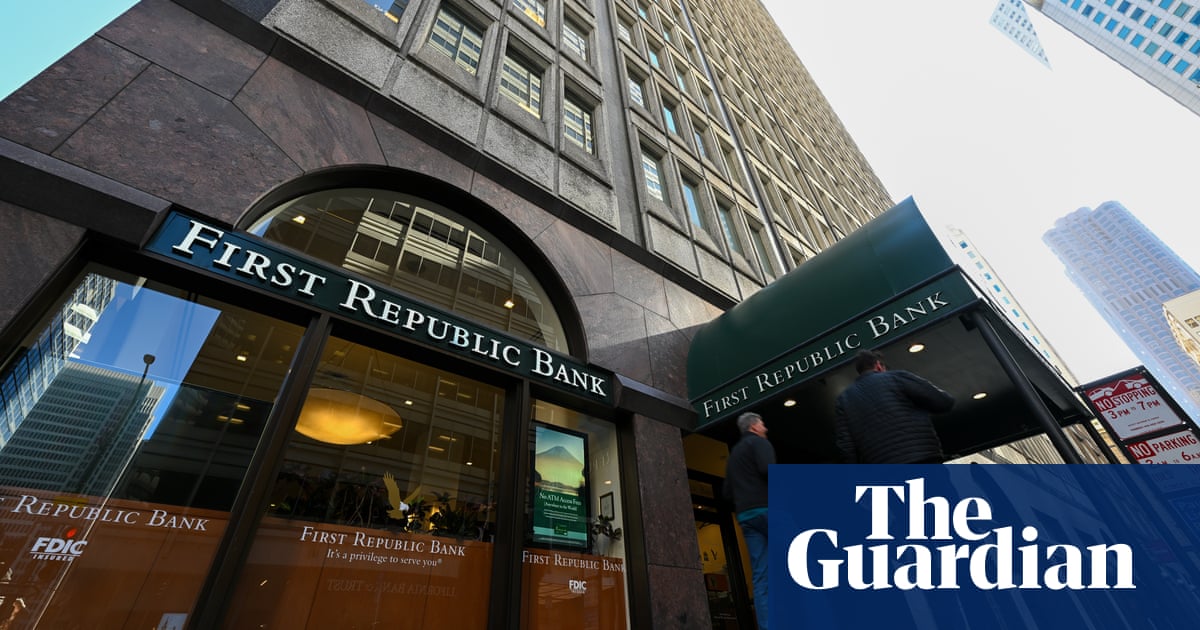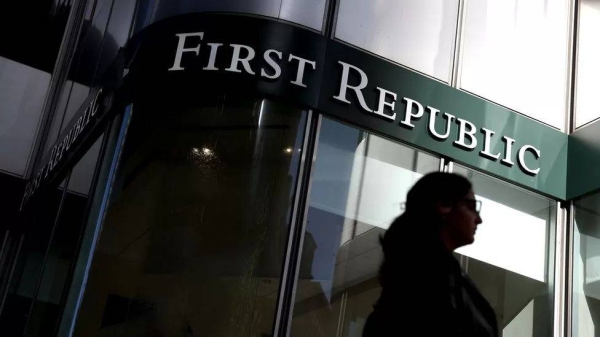
First Republic Bank’s deposits fell by over $100 bn in the first quarter and it said it was exploring options including restructuring its balance sheet, overshadowing market-beating profit and sending its shares down 21% after the bell on Monday.
The results mark the most important quarter for the troubled bank as it prepares to increase insured deposits, cut borrowings from the Federal Reserve Bank and loan balances, it said, while aiming to layoff nearly 20-25% in the second quarter.
“We’re taking steps to meaningfully reduce our expenses to align with our focus on reducing the size of the balance sheet,” an executive said in a post-earnings call, which ran for less than 15 min and ended without executives taking questions.
First Republic came into intense focus after Silicon Valley Bank (SVB) and Signature Bank collapsed last month, shaking the confidence in US regional banks and prompting customers to move billions of dollars to bigger institutions.
“With the closure of several banks in March, we experienced unprecedented deposit outflows,” said Neal Holland, the chief financial officer.
Deposits fell to $104.47bn from $176.43bn in the fourth quarter despite the lender getting a $30-bn lifeline in combined deposits from US banking behemoths, including Bank of America, Citigroup, JPMorgan Chase and Wells Fargo.
Excluding the help from major banks, the decline in deposits was almost $102bn.
Still deposit activity began to stabilize in the week of 27 March and has remained stable through 21 April, the company said.
The lender earned $1.23 a share in the first three months ending March, comfortably above the 85 cents analysts estimated for the quarter, according to Refinitiv data.
The results showed the extent of damage on the stabilization of First Republic after last month’s crisis. The lender was seen as vulnerable after the failures of SVB and Signature fueled concern of a panic spreading through the financial system.
It also faces a difficult path to revive its fortunes, banking analysts and industry experts say.
For years, it lured high net worth-clients with preferential rates on mortgages and loans, making it more vulnerable than regional lenders with less-affluent customers.
Its loan book and investment portfolio also became less valuable as interest rates rose.











